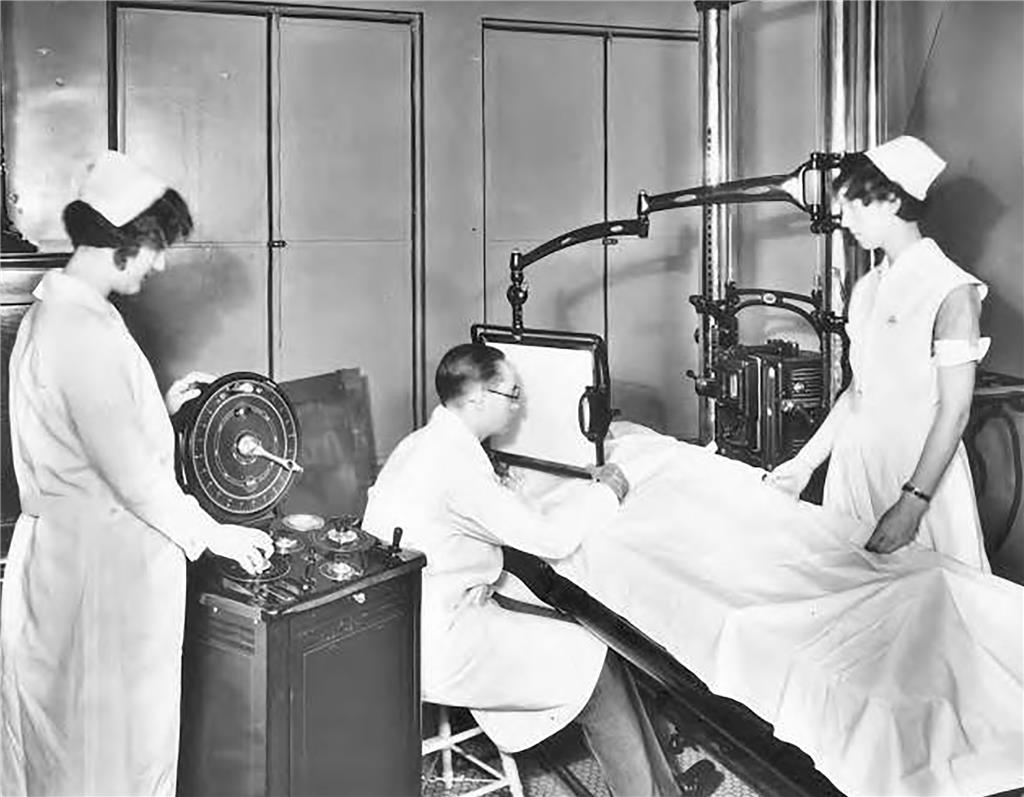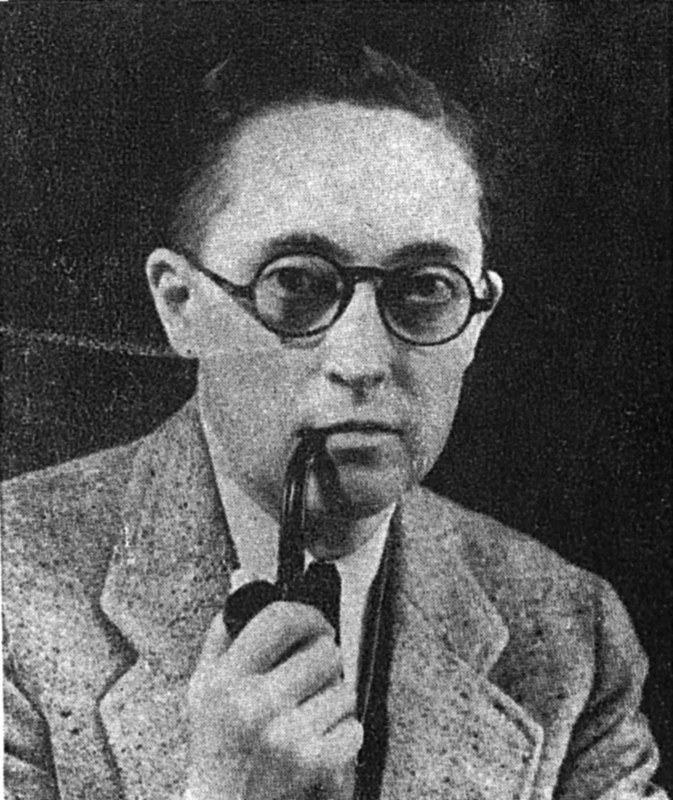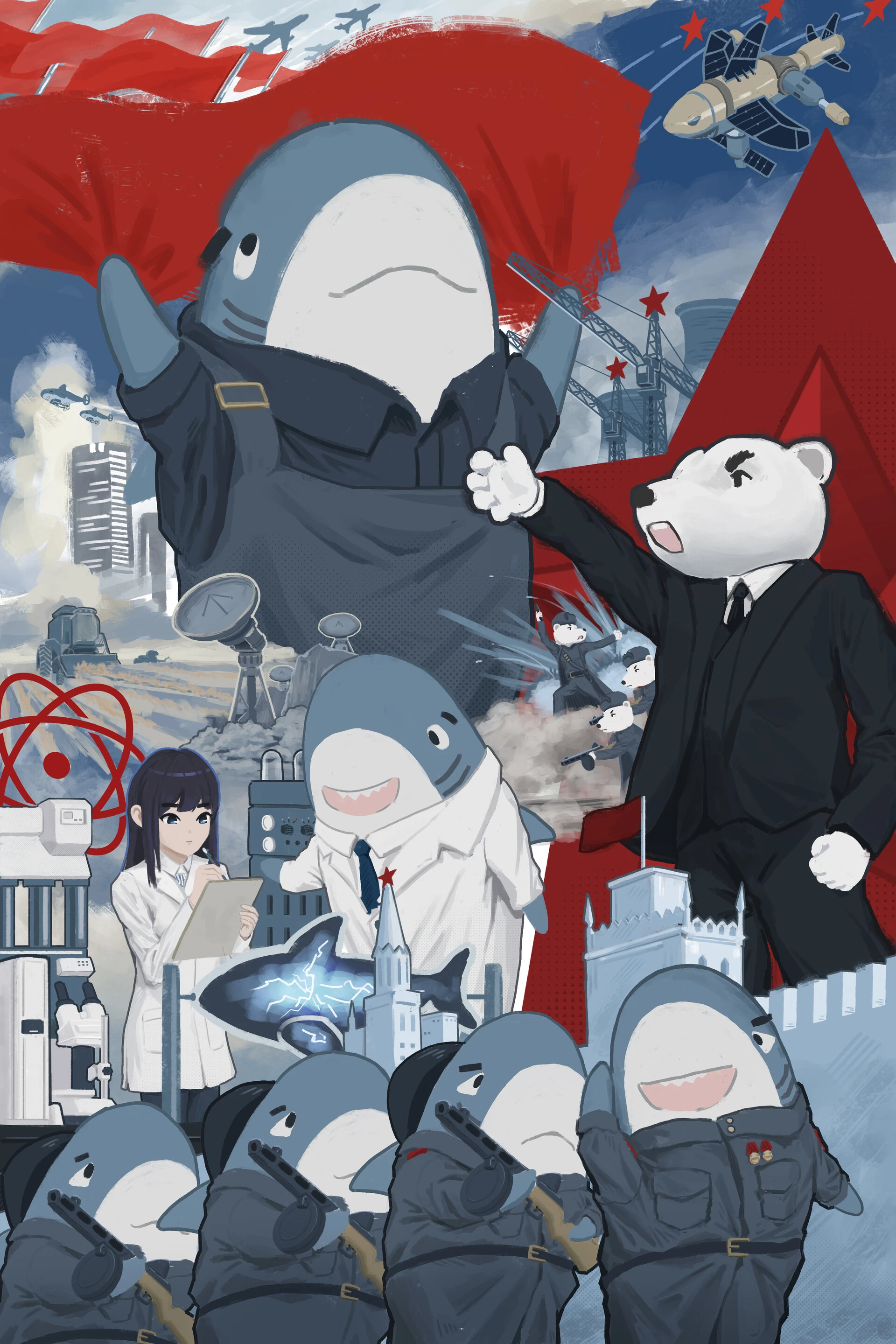"Each of us must take into account the raw material which heredity dealt us at birth and the opportunities we have had along the way, and then work out for ourselves a sensible evaluation of our personalities and accomplishments."
Alan L. Hart (1890 – 1962) was a US American 20th-century physician, radiologist, disease researcher, and novelist who pioneered the use of x-ray in detection for tuberculosis. He spent the latter part of his career in public health, undoubtedly saving many thousands of lives across the country expanding tb services and education throughout rural areas. In 1917 Hart was one of the first people to undergo a gender affirming hysterectomy in the United States, and is the first documented case of a female to male transition in medical literature in the English speaking world.
“I had to do it. For years I had been unhappy. With all the inclinations and desires of the boy I had to restrain myself to the more conventional ways of the other sex. I have been happier since I made this change than I ever have in my life, and I will continue this way as long as I live’
interview with Hart about his hysterectomy
Hart begin expressing himself as a boy starting at least age 4, and was largely accepted by his family as male, with his grandfathers obituary in 1921 listing Hart as his grandson. A family friend of his stated in a 1921 interview “Young Hart was different, even then. Boys' clothes just felt natural. Hart always regarded himself as a boy and begged his family to cut his hair and let him wear trousers. Hart disliked dolls but enjoyed playing doctor. He hated traditional girl tasks, preferring farm work with the menfolk instead. The self reliance that became a lifelong trait was evident early: once when he accidentally chopped off his fingertip with an axe, Hart dressed it himself, saying nothing about it to the family.” During childhood school, Hart wrote most of his assignments under his first chosen name of Robert Allen Bamford Jr.
Hart received a total of 4 degrees in his life. He received a pre med degree in 1912 from Portland, Oregon’s Lewis & Clark College, then known as Albany College, followed by a medicine degree doctorate from the University of Oregon Medical Department in Portland (now Oregon Health & Science University) in 1917. His doctorate was originally issued under "Hart, [deadname] aka Robert L., M.D.”. which prompted a legal name change in 1918. He took his first medical job at a Red Cross hospital at this point. In 1928, Hart received a master’s degree in radiology from the University of Pennsylvania and was named director of radiology at Tacoma General Hospital. After working for several years as a tuberculosis consultant in Washington and Idaho, Alan Hart moved with his wife to Hartford, Connecticut, where he received a master’s degree in public health from Yale University in 1948. Around this time, Hart began taking testosterone and is described as having a deeper voice and being able to grow facial hair as a result.
TUBERCULOSIS

Hart devoted much of his career to research and treatment of tuberculosis. By the dawn of the 19th century, tuberculosis—or consumption—had killed one in seven of all people that had ever lived. Throughout much of the 1800s, consumptive patients sought "the cure" in sanatoriums, where it was believed that rest and a healthful climate could change the course of the disease. In 1882, Robert Koch's discovery of the tubercule baccilum revealed that TB was not genetic, but rather highly contagious; it was also somewhat preventable through good hygiene. After some hesitation, the medical community embraced Koch's findings, and the U.S. launched massive public health campaigns to educate the public on tuberculosis prevention and treatment. TB usually attacked victims' lungs first; Hart was among the first physicians to document how it then spread, via the circulatory system, causing lesions on the kidneys, spine, and brain, eventually resulting in death. With no cure for the disease in its advanced stages the only hope for sufferers was early detection.
X-rays, or Roentgen rays as they were more commonly known until World War Two, had been discovered only in 1895, when Hart was five years old. In the early twentieth century they were used to detect bone fractures and tumors, but Hart became interested in their potential for detecting tuberculosis. Since the disease often presented no symptoms in its early stages, X-ray screening was invaluable for early detection. Even rudimentary early X-ray machines could detect the disease before it became critical. This allowed early treatment, often saving the patient's life. It also meant sufferers could be identified and isolated from the population, greatly lessening the spread of the disease. By the time antibiotics were introduced in the 1940s, doctors using the techniques Hart developed had managed to cut the tuberculosis death toll down to one fiftieth of what it had previously been.
In 1937, Hart was hired by the Idaho Tuberculosis Association and later became the state's Tuberculosis Control Officer. He established Idaho's first fixed-location and mobile TB screening clinics and spearheaded the state's war against tuberculosis. Between 1933 and 1945 Hart traveled extensively through rural Idaho, covering thousands of miles while lecturing, conducting mass TB screenings, training new staff, and treating the effects of the epidemic. An experienced and accessible writer, Hart wrote widely for medical journals and popular publications, describing TB for technical and general audiences and giving advice on its prevention, detection, and cure. At the time the word "tuberculosis" carried a social stigma akin to venereal disease, so Hart insisted his clinics be referred to as "chest clinics", himself as a "chest doctor", and his patients as "chest patients". Discretion and compassion were important tools in treating the stigmatised disease.
In 1943, Hart, now recognized as pre-eminent in the field of tubercular roentgenology, compiled his extensive evidence on TB and other X-ray-detectable cases into a definitive compendium, These Mysterious Rays: A Nontechnical Discussion of the Uses of X-rays and Radium, Chiefly in Medicine, still a standard text today. The book was translated into Spanish and several other languages
PBS - TB in America: 1895-1954
Join our public Matrix server! https://matrix.to/#/#tracha:chapo.chat
As a reminder, be sure to properly give content warnings and put sensitive subjects behind proper spoiler tags. It's for the mental health of not just your comrades, but yourself as well. Here is a screenshot of where to find the spoiler button.



some self-work on feeling secure in relationships, cw vague mentions of past trauma, bad relationships, etc.
i spent a lot of the day yesterday excavating my very soul, and realizing that I have some trust/security issues when it comes to romantic relationships. I've been through a lot of relationships in which I felt alone in my struggles (to be fair, I was severely depressed and anxious and having regular meltdowns when I was younger) and felt uncared for, but now I'm wondering how much of those feelings were my own kind of barriers?I think I'm trying to say that I think several of the people in my past did genuinely care about me, in retrospect, but I was incapable of feeling secure because of trauma/my own mental health struggles. Trying to recalibrate in the face of that is really weird for me, but I kinda need to explore whether this is true because I don't want to be held back from trusting new people, I want to make friends and be good to my romantic partners and such.
I did a bunch of reading on relationship security last night, and found some interesting new ideas:
I think I've come to a few conclusions here:
I got a lot of hope from one of the things I read that said basically that the author believed pretty much anyone could learn secure attachment styles.
I also really am starting to understand the idea of "enthusiastic consent," finally. Both in a sense for if I'm not a "fuck yes" to something I should probably be saying no, and also if someone else isn't a "fuck yes" about X or Y then I should find someone who is and that I shouldn't let them do things they don't really want to do just to try to make me happy (There is of course an asterisk here for crisis situations etc).
I've been in a lot of "meh" situations in my past just because I've been afraid to be alone and I've felt that no one could really be enthusiastic about me because of that, so I never really thought it applied to me. Knowing that there are people who are enthusiastic about doing things with me and that its possible for that to be mutual gives me hope that I can have exciting and fulfilling relationships. I think if I chase after the excitement more and say no to things I'm not excited about, I won't push myself too hard, my needs will be met, etc. etc.
Your conclusions fucking rule and are awesome, goodass conclusions. Good post in general actually no notes. I like that the soul exacation is going well!
thank you!!
i'm so proud of you bee
thank you for listening to me
💜💜💜💜💜
inherited spoiler + mention of SI
Good post! It's so sad how long it took me to figure this outThis part especially was so completely untrue in my mind, due to conditioning from my family. All my autistic and trans needs being completely ignored to the point of suicidal ideation taught me that I'm a piece of shit that doesn't deserve to:
Strangely, one of the ways that these feelings manifested is that I was quite aware of other people feeling similar things and felt deep empathy for them and wanted to help them, even if I wasn't sure how. Maybe this is a strange thought, but what if I only cared for those people so I could figure out what's wrong with me? Oh wait, I'm trying to talk about how it's ok to be needy; ffs they got me again...
spoiler
God, yeah, been there. Trans + autism is like a double whammy of being told you're overreacting all the time. I internalized it too. I don't want to anymore. I want to be proud of my body, unashamed of my sexuality, and honest about my needs.I also feel that empathy. Isn't it interesting that the lesson we learned isn't "It's not okay for anyone to be needy" but instead "it's not okay for only me to be needy"? When we start externalizing ourselves and thinking "If someone I cared about was acting this way, would I judge them like I judge myself?" we start to see the seams in this terrible ideology, it's hopefully a starting place to us learning compassion.
When I start to self-hate these days, I hug myself. I try to treat myself with the compassion that I would someone else. At first it was difficult, but now it's habitual. Better than what I used to do.
spoiler
Absolute boss move. I need to work on doing something similar, because the "it's not ok for only me to be needy" thing is very deep inside me... Thanks for sharing that <3
Good luck! It helped me a lot.